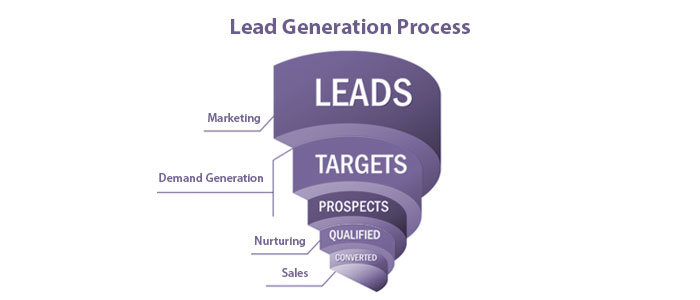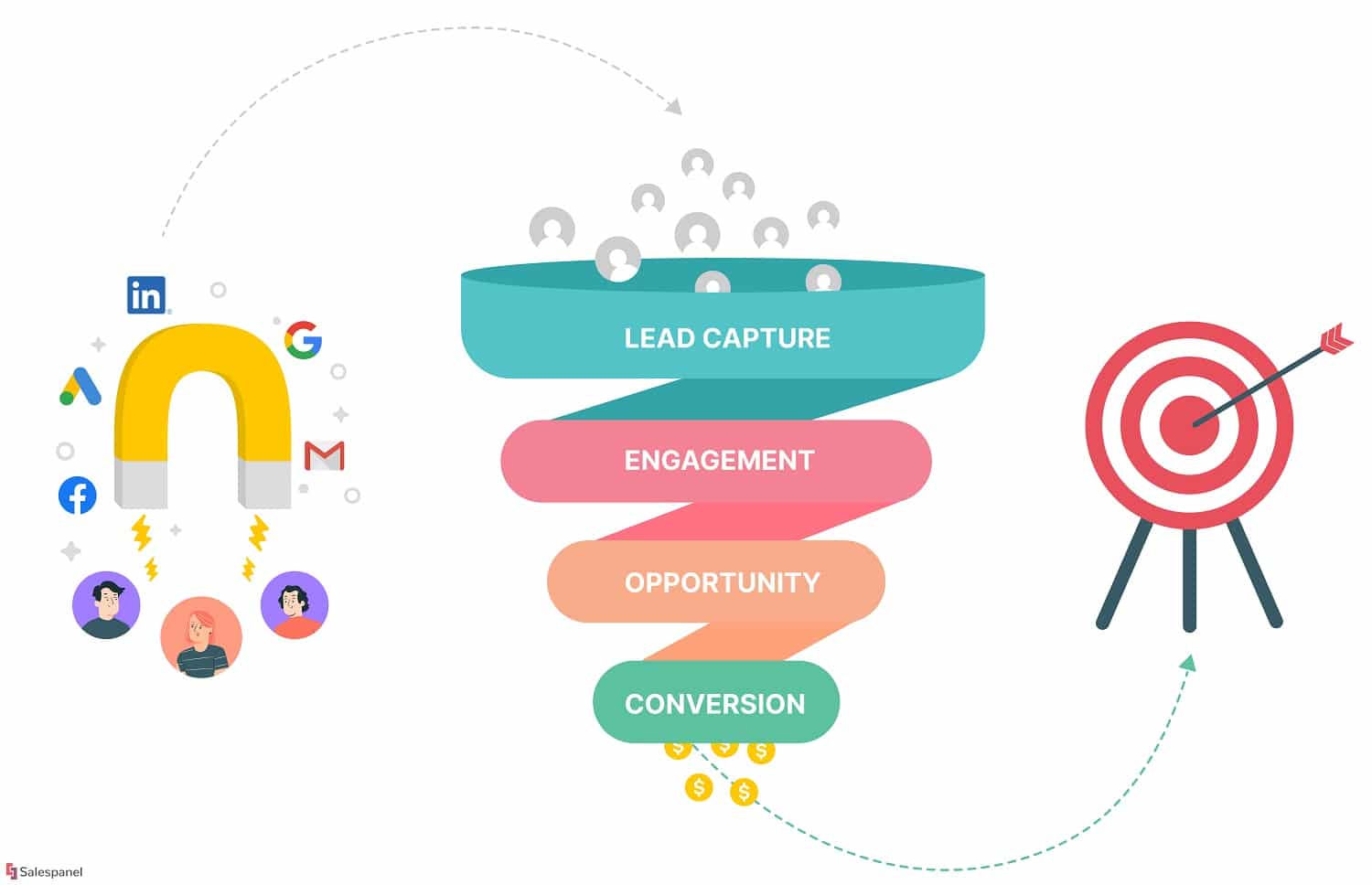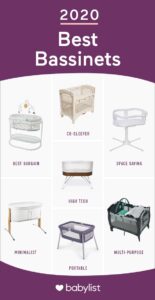Page Contents
ToggleImplementing effective B2B lead generation strategies involves targeting the right audience and utilizing multiple channels. Focus on creating valuable content and nurturing relationships.
B2B lead generation is crucial for businesses aiming to expand their client base and increase revenue. By targeting the right audience, companies can attract potential clients who are genuinely interested in their products or services. Utilizing multiple channels, such as email marketing, social media, and SEO, can amplify reach and engagement.
Creating valuable content helps establish trust and authority in the industry, making prospects more likely to convert. Nurturing relationships through personalized communication and follow-ups ensures sustained interest and loyalty. Effective B2B lead generation strategies ultimately drive business growth and success by fostering meaningful connections with potential clients.
Introduction To B2b Lead Generation
B2B lead generation is the process of finding potential business clients. It focuses on attracting businesses that may be interested in your products or services. This process is crucial for sustaining and growing your business. Effective lead generation strategies can make or break your sales pipeline.
Importance Of Lead Generation
Lead generation is essential for any B2B company. It helps you find prospects who may convert into paying clients. Without a steady stream of leads, your sales team will struggle. They need leads to close deals. Generating leads increases your chances of business growth. It also helps in building strong relationships with other businesses.
| Benefits | Details |
|---|---|
| Revenue Growth | More leads often lead to more sales, boosting revenue. |
| Market Expansion | Discover new markets and opportunities through leads. |
| Brand Awareness | Effective lead generation increases your brand’s visibility. |
Key Differences From B2c
B2B lead generation is different from B2C lead generation. The target audience in B2B is other businesses. B2C focuses on individual consumers.
- Longer Sales Cycles: B2B deals take longer to close.
- Higher Value Per Sale: B2B transactions often involve larger amounts.
- Multiple Decision-Makers: B2B sales usually require approval from several people.
B2B marketing strategies are more complex. You need a tailored approach to engage and convert business clients. Personalization is key in B2B marketing.

Credit: www.revechat.com
Identifying Target Audience
Identifying your target audience is crucial for successful B2B lead generation. It helps focus your marketing efforts and tailor your messages to resonate with potential clients. Understanding who your ideal customers are can significantly improve your lead conversion rates.
Defining Ideal Customer Profile
Creating an Ideal Customer Profile (ICP) is the first step. An ICP is a detailed description of a company that would benefit the most from your product or service. It includes demographic details, business size, industry, and behavioral traits.
- Demographics: Location, company size, and revenue.
- Firmographics: Industry, number of employees, and annual revenue.
- Behavioral Traits: Buying patterns, decision-making processes, and preferred communication channels.
Use data from your existing customers to build this profile. Analyze their characteristics and identify common traits.
Segmentation Techniques
Once you have an ICP, the next step is segmentation. Segmentation helps to divide your audience into smaller, manageable groups. This allows for more personalized marketing campaigns.
- Demographic Segmentation: Group by age, location, and company size.
- Behavioral Segmentation: Group by buying behavior, usage rate, and brand loyalty.
- Firmographic Segmentation: Group by industry, revenue, and number of employees.
Here is a simple table to summarize segmentation techniques:
| Segmentation Type | Criteria |
|---|---|
| Demographic | Age, Location, Company Size |
| Behavioral | Buying Behavior, Usage Rate, Brand Loyalty |
| Firmographic | Industry, Revenue, Number of Employees |
Using these segmentation techniques, you can create more targeted and effective marketing strategies. This will ensure your message reaches the right audience, increasing your chances of generating high-quality leads.
Content Marketing
Content marketing is a powerful tool for B2B lead generation. It involves creating and distributing valuable content to attract and engage potential clients. Let’s explore some key strategies under content marketing.
Creating Valuable Content
Creating valuable content is crucial for B2B lead generation. Your content should solve problems, answer questions, and provide insights. Here are some tips:
- Understand your audience: Know what your audience needs and wants.
- Use data-driven insights: Analyze data to create relevant content.
- Offer solutions: Provide actionable solutions to common problems.
- Keep it simple: Use easy-to-understand language and clear visuals.
| Content Type | Purpose |
|---|---|
| Blog Posts | Educate and inform |
| Case Studies | Showcase success stories |
| Whitepapers | Provide in-depth analysis |
| Infographics | Visualize data |
Content Distribution Channels
Effective content distribution ensures your content reaches the right audience. Here are some popular channels:
- Social Media: Share content on LinkedIn, Twitter, and Facebook.
- Email Marketing: Send newsletters and updates to subscribers.
- Guest Blogging: Write for industry blogs to reach a wider audience.
- SEO: Optimize content for search engines to increase visibility.
- Webinars: Host live sessions to engage with potential leads.
Using these channels effectively can boost your B2B lead generation efforts.
Email Marketing
Email Marketing remains a cornerstone in B2B lead generation strategies. It offers direct access to potential clients, ensuring personalized communication. Here’s how to maximize its potential:
Building An Email List
Start by creating a high-quality email list. Focus on collecting emails from your target audience. Use the following tactics to build a robust list:
- Offer valuable resources like eBooks or whitepapers in exchange for emails.
- Use pop-up forms on your website to capture visitor emails.
- Leverage social media to drive traffic to your sign-up forms.
- Attend industry events and collect business cards.
Crafting Effective Email Campaigns
Once you have a list, the next step is crafting effective email campaigns. Follow these steps for successful campaigns:
- Segment your email list based on industry, job role, or behavior.
- Personalize your emails. Use the recipient’s name and relevant information.
- Write compelling subject lines to increase open rates.
- Ensure your email content is valuable and relevant to the recipient.
- Include a clear call-to-action (CTA) to guide the recipient’s next steps.
Here’s a table to illustrate the key elements of an effective email campaign:
| Element | Importance |
|---|---|
| Subject Line | High – Determines open rate |
| Personalization | High – Increases engagement |
| Content Relevance | High – Keeps readers interested |
| Call-to-Action | High – Drives conversions |
Remember, a well-crafted email campaign can significantly boost your lead generation efforts.
Social Media Strategies
Social media is a powerful tool for B2B lead generation. It helps businesses connect with potential clients. Use the right strategies to maximize your reach and engagement.
Choosing The Right Platforms
Not all social media platforms are created equal. Choose the right ones to target your audience effectively. Here are some tips:
- LinkedIn: Ideal for professionals and B2B companies. Share industry insights and connect with decision-makers.
- Twitter: Great for quick updates and engaging with a broader audience. Use hashtags to increase visibility.
- Facebook: Useful for community building and sharing detailed posts. Use Facebook Groups to foster discussions.
- Instagram: Best for visual content. Showcase your brand’s culture and behind-the-scenes moments.
Engaging With Prospects
Engagement is key to building relationships on social media. Here are effective ways to engage:
- Respond to Comments: Always reply to comments on your posts. This shows you value your audience’s input.
- Use Polls and Surveys: Create polls and surveys to gather opinions. This encourages participation and provides valuable insights.
- Share User-Generated Content: Feature content from your followers. This creates a sense of community and trust.
- Host Live Sessions: Go live to discuss industry trends or answer questions. This builds a more personal connection.
Incorporate these strategies to boost your B2B lead generation efforts. Social media, when used effectively, can be a game-changer for your business.

Credit: salespanel.io
Seo And Sem
SEO and SEM are vital for B2B lead generation. They help attract and convert prospects. Let’s explore strategies to boost your business.
Optimizing For Search Engines
To rank high on Google, your website needs optimization. Start with keyword research. Use tools like Google Keyword Planner and Ahrefs. Focus on long-tail keywords. They often have less competition.
Optimize your meta tags and descriptions. Keep them relevant and concise. Use keywords naturally in your content. Avoid keyword stuffing.
Structure your content with headers and subheaders. Use
,
, and
tags properly. Search engines value clear structure.
Ensure your website loads quickly. Page speed impacts rankings. Compress images and use a reliable hosting service.
Build quality backlinks. Reach out to industry blogs and sites. Guest posts can also help. Backlinks boost your domain authority.
Paid Search Campaigns
Paid search campaigns can generate immediate leads. Google Ads is a popular platform. Start by setting a clear budget. Monitor your spend daily.
Choose the right keywords for your ads. Use both broad and exact match types. This approach captures different search intents.
Write compelling ad copy. Highlight your unique selling points. Include a strong call-to-action. This encourages clicks.
Use landing pages that match your ads. Keep the design simple and user-friendly. A clear message improves conversion rates.
Test different ads and landing pages. Use A/B testing to find the best-performing ones. Adjust based on the data you collect.
Networking And Partnerships
Networking and partnerships are crucial for effective B2B lead generation. Building strong relationships can open doors to new opportunities. These connections often lead to mutual growth and success.
Industry Events
Industry events are perfect for networking. They bring together professionals from various sectors.
- Trade Shows: Meet potential clients face-to-face.
- Conferences: Learn and connect with industry leaders.
- Workshops: Gain insights and build relationships.
Preparing well for these events is essential. Have business cards and a clear pitch ready. Engage in meaningful conversations. Follow up with contacts after the event.
Collaborative Opportunities
Collaborations can drive lead generation. Partner with complementary businesses to reach a wider audience.
- Co-hosted Webinars: Share expertise and attract new leads.
- Joint Marketing Campaigns: Pool resources for a bigger impact.
- Guest Blogging: Write for each other’s blogs to expand reach.
Identify businesses that align with your goals. Approach them with a clear value proposition. Successful collaborations can lead to long-term partnerships.
Leveraging Technology
In the digital age, leveraging technology is essential for B2B lead generation. Modern tools streamline processes and improve efficiency. Effective use of technology can transform your lead generation strategy.
Crm Systems
Customer Relationship Management (CRM) systems organize and manage customer interactions. They track leads, automate tasks, and provide insightful analytics. Below are some benefits of using CRM systems:
- Enhanced lead tracking and management
- Automated follow-ups and reminders
- In-depth customer insights and analytics
| Feature | Benefit |
|---|---|
| Lead Tracking | Monitor lead progress |
| Automation | Save time with automated tasks |
| Analytics | Gain insights for better decisions |
Popular CRM systems include:
- Salesforce
- HubSpot CRM
- Zoho CRM
Marketing Automation Tools
Marketing automation tools automate repetitive marketing tasks. They include email marketing, social media posting, and ad campaigns. These tools help nurture leads and convert them into customers.
Key benefits of marketing automation tools are:
- Automated email campaigns
- Scheduled social media posts
- Targeted advertising
Popular marketing automation tools include:
- Marketo
- HubSpot Marketing Hub
- Mailchimp
Measuring Success
Measuring success is crucial in B2B lead generation. It helps businesses understand what’s working and what needs improvement. Effective measurement can boost your lead generation efforts.
Key Performance Indicators
Key Performance Indicators (KPIs) are metrics to track performance. They provide insights into the effectiveness of your strategies. Some important KPIs for B2B lead generation include:
- Conversion Rate: Percentage of visitors who become leads.
- Cost per Lead: Average cost to acquire a lead.
- Lead Quality: Measure of how valuable a lead is.
- Sales Qualified Leads (SQL): Leads ready for direct sales engagement.
Adjusting Strategies
Adjusting strategies based on KPIs is essential. It ensures continuous improvement in lead generation efforts. Here’s how you can adjust your strategies:
- Analyze the Conversion Rate to identify weak points.
- Evaluate the Cost per Lead to ensure budget efficiency.
- Assess Lead Quality to prioritize high-value leads.
- Monitor SQLs to align marketing and sales teams.
This process involves data-driven decisions. Use tools like Google Analytics for accurate measurement. Keep your strategies flexible and responsive to data.

Credit: www.linkedin.com
Frequently Asked Questions
What Are The Best Ways For B2b Lead Generation?
Use LinkedIn for networking, content marketing, and email campaigns. Attend industry events and webinars. Optimize your website for SEO. Utilize PPC ads and retargeting. Leverage customer referrals and testimonials.
How Are B2b Leads Generated?
B2B leads are generated through content marketing, social media, email campaigns, SEO, and networking at industry events. Effective strategies also include PPC advertising and partnerships.
What Are The 4 L’s Of Lead Generation Strategy?
The 4 L’s of lead generation strategy are Lead Capture, Lead Magnets, Landing Pages, and Lead Scoring. These elements help attract, engage, and convert potential customers effectively.
What Is B2b Demand Generation Strategy?
A B2B demand generation strategy focuses on creating interest and attracting potential business clients. It uses targeted marketing efforts, content creation, and lead nurturing to convert prospects into customers. This strategy drives sales and growth by building brand awareness and generating high-quality leads.
Conclusion
Mastering B2B lead generation strategies is crucial for business growth. Implement these tactics to boost your leads and conversions. Consistency and adaptation are key to staying ahead in a competitive market. Keep refining your approach to see ongoing success and sustainable results.
Start transforming your lead generation efforts today.



